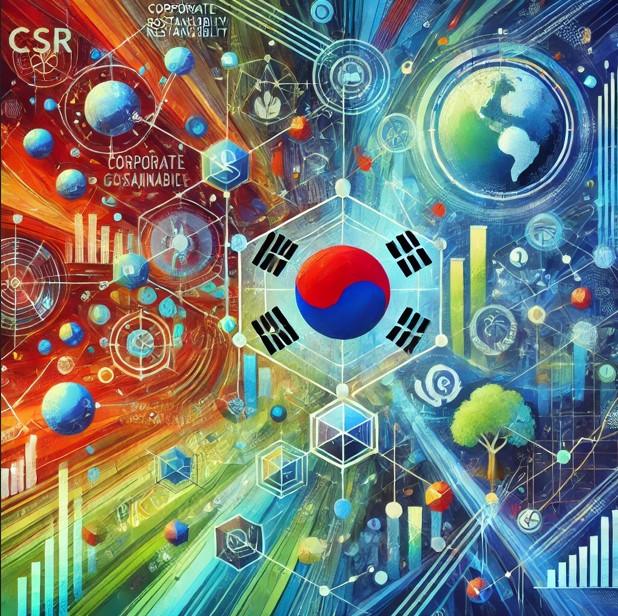From Hustle to Harmony: How Entrepreneurs Can Build a Sustainable Future
The Indian startup ecosystem is celebrated for its innovation and resilience, but a silent threat is jeopardising its brightest minds—hustle culture. The untimely deaths of Amit Banerji (Table Space), Rohan Mirchandani (Epigamia), Ambareesh Murty (Pepperfry), and Rohan Malhotra (Good Capital) highlight the health risks of an unrelenting work environment. These tragedies call for immediate action to address the human cost of this toxic trend. This issue is closely related with Sustainable Development Goal (SDG) 3: Good Health and Well-Being, which emphasises promoting healthy lives and well-being for all. To create a sustainable entrepreneurial ecosystem, it is crucial to prioritise the physical and mental health of entrepreneurs and integrate environmental, social, and governance (ESG) principles into workplace practices. A Growing Crisis: Premature Losses in Entrepreneurship The recent deaths of these young entrepreneurs reflect a disturbing pattern. Ranjan Das (SAP India) died of a heart attack at 39, and Rudratej Singh (Royal Enfield) passed away at 46. These cases underscore the long-term impact of extreme work pressure and the glorification of the 'always-on' hustle culture. The relentless drive to succeed, while contributing to economic growth, often contradicts the principles of SDG 3, which advocates for balanced and healthy lives. Despite the government's...
Read MoreEvolving CSR in South Korea: A Bridge Between ‘Chaebols’ and Global Standards (Part 2)
Corporate Social Responsibility (CSR) in South Korea faces several unique challenges as companies increasingly engage in global markets and face heightened expectations from stakeholders. While large 'chaebols' (family-owned conglomerates) such as Samsung, Hyundai, and LG lead the way in CSR initiatives, there are specific challenges related to 'corporate governance', 'labour practices', 'environmental sustainability', and 'transparency' that need to be addressed. Below are some key CSR challenges in South Korea: Corporate Governance and Transparency: One of the major CSR challenges in South Korea is corporate governance, particularly regarding the structure of 'chaebols'. Many South Korean conglomerates have been criticised for lacking transparency, having complex ownership structures, and concentrating power within family-controlled management. Impact: This lack of transparency can undermine CSR efforts and raise concerns about ethical business practices, accountability, and decision-making processes. For example, in the past, high-profile corruption scandals involving chaebols like Samsung and Lotte have eroded public trust and led to a perception that some CSR efforts are more about reputation management than genuine social responsibility. Suggested Solution: To address this, South Korean companies need to strengthen governance structures, ensure independent oversight, and adopt more transparent reporting practices that cover both financial and non-financial aspects of business. Labour Rights...
Read MoreEvolving CSR in South Korea: A Bridge Between ‘Chaebols’ and Global Standards (Part 1)
Corporate Social Responsibility (CSR) in South Korea has evolved significantly over the years, with companies increasingly adopting socially responsible practices that align with global standards. South Korea’s approach to CSR is shaped by the nation’s rapid industrialisation and the influence of 'chaebols' (large family-owned business conglomerates like Samsung, Hyundai, and LG). Traditionally, South Korean companies engaged in philanthropic activities, but more recently, CSR has become more integrated into core business strategies, focusing on sustainability, ethical governance, and social impact. Key Characteristics of CSR in South Korea: Government Influence and Regulation: The South Korean government plays an active role in promoting CSR. It has introduced policies that encourage sustainable development, environmental conservation, and corporate transparency. Korean Commercial Law (2011) requires companies to disclose CSR-related activities in their business reports, increasing transparency and accountability. Environmental Sustainability: South Korea is heavily focused on environmental sustainability, driven by its status as a global leader in technology and manufacturing. Companies are investing in green technologies, renewable energy, and climate action as part of their CSR commitments. Samsung Electronics and LG are leading the way with initiatives aimed at reducing carbon emissions, recycling e-waste, and adopting sustainable production methods. Labour Rights and Workplace Welfare: South Korean...
Read More



